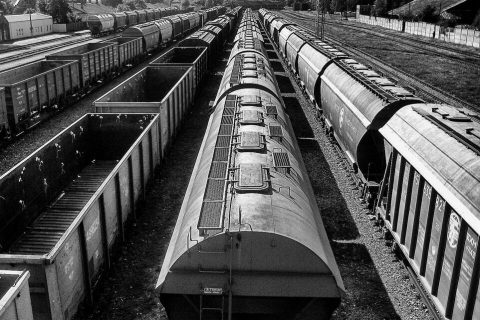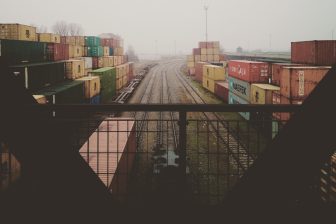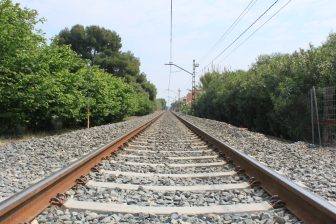
‘Europe may face investment crisis in railway projects’
The European rail industry warns for an investment crisis in railway projects, if the existing EU funding legislation is not modified to suit the current corona crisis. Various lobby organisations made such statement in an Open Letter to the European Commission. It addressed funding opportunities in general, as the rail industry requires support in order to keep European logistics and mobility operational.
The Open Letter, presented to the EU institution on 27 March, is supported by ERFA, UIRR, CER, UIP and ALLRAIL, together representing European railways. The letter starts off with praise for measures taken so far, such as the guidelines and communication about cross-border priorities for essential transport. But, it continues, much more is needed as the railway sector is facing a hard economic hit.
Economic hit
“European rail freight companies, combined transport and wagon load operators, wagon keepers, workshops and mobile services are only able to maintain their operations thanks to massive efforts”, the letter reads. “Difficulties and a significant drop in the services between Europe and China will have further negative impact on rail freight operators.”
With regards to infrastructure, it mentions that “infrastructure managers keep up infrastructure availability and operations on highest possible levels. They will also suffer, if less services will run on rail lines and the liquidity provided by track access charge revenues will be cut proportionally to the reduction of traffic.”
Infrastructure funding
Most notable is the urgent call for a modification of existing EU funding regulations. “The COVID‐19 crisis has already severely affected ongoing EU‐funded rail investments. Difficult financial and operational situations of contractors have already translated into delays and sometimes even full stoppage of both construction works as well as timely delivery of railway equipment or rolling stock. The observed price increase for ordered materials, services and works worsens the situation even further.”
The letter explains that the contracts for ongoing projects require modification to ensure that that funding will be received. “EU funded investments should be distributed onto two programming periods, modified or allowed to be prolonged for one year at least. Nonetheless, none of these possibilities are today compatible with the existing EU legislation.”
If the Commission does not take appropriate action, we may end up with an investments crisis in the rail sector. We therefore call on the Commission to propose a number of modifications to current EU regulations in order to secure the accomplishment of ongoing EU funded railway investments.”
State aid allowed
The lobby organisations also turn to the EU member states, urging each country to adopt the necessary state aid. The possibilities to this may not be known everywhere, they point out. On 19 March, the European Commission adopted the State aid Temporary Framework. The COVID‐19 crisis can be considered as an exceptional circumstance, which allows Member States to adopt aid measures pursuant to Article 107(2)(b) TFEU. They may compensate undertakings for damages suffered due to and directly caused by the outbreak.
“We hope that the Member States will adhere to this requirement without exception and ensure that all companies in the railway sector will receive fair and adequate support vis‐à‐vis other transport modes”, the letter says. It points out that aid schemes should be horizontal and sectorial, and may also include service providers associated with the transport sector, such as freight terminals.
Reduction of charges
Finally, it calls for increased support to infrastructure managers, to ensure the network remains operational in these critical times. “This can be temporarily coupled with an ad hoc reduction of track access charges and energy charges for rail operators.”
It also calls for the recognition of documents in electronic form in the different customs procedures. “Only in this way can customs clearances for goods transport be carried out without massive delays, and can supply chains’ logistics be maintained.”
It concludes: “It is of particular importance to keep rail and intermodal freight services up and running. Maintenance facilities need to be able to provide a minimum capacity to maintain rolling stock and locomotives in service. Given the circumstances, it is even more important to coordinate the approach to capacity restrictions and reduce possible traffic disturbances.”





